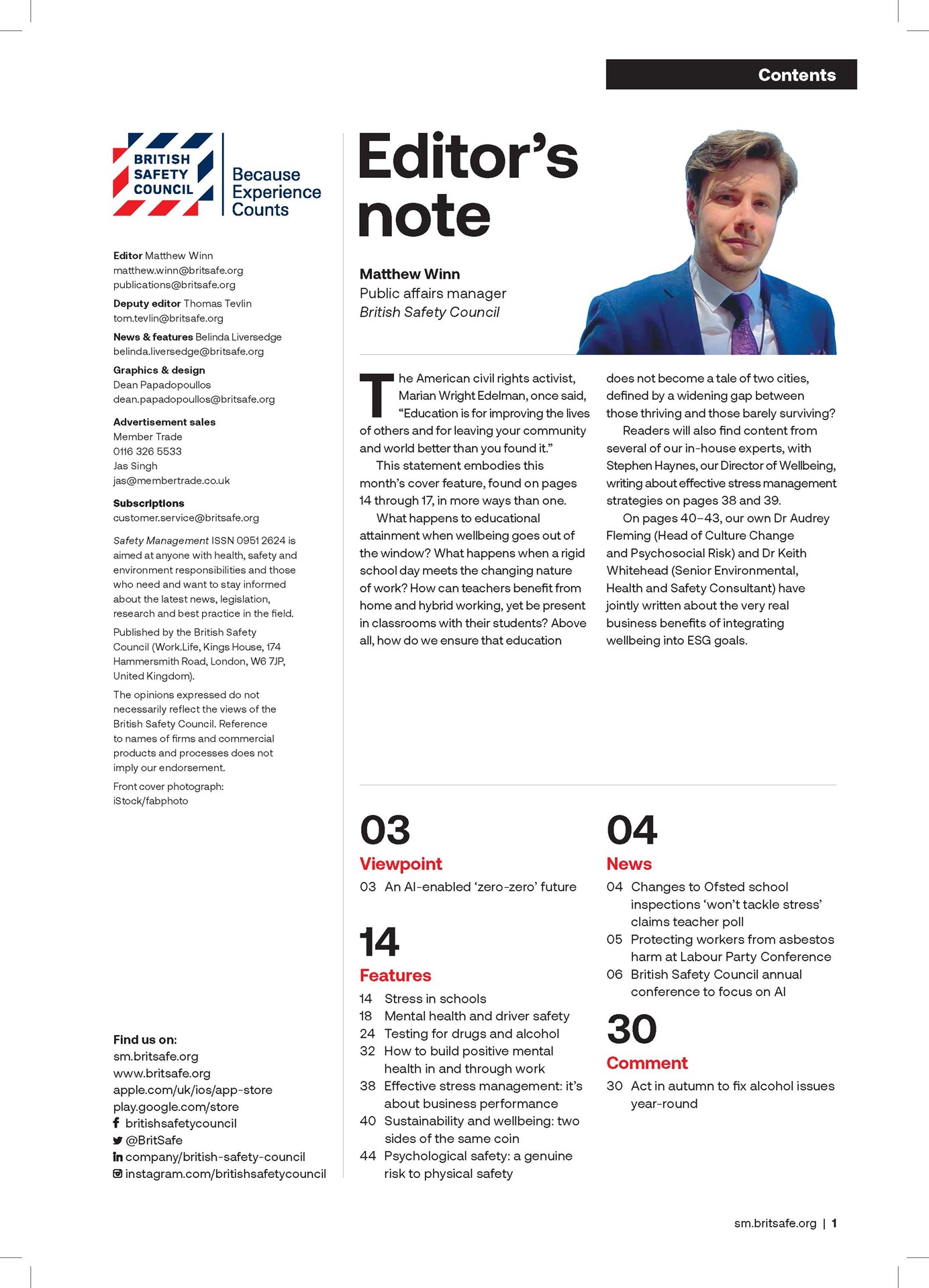A Green Party peer has called for a new amendment in the forthcoming Employment Rights Bill requiring the government to publish a review of the impact of high temperatures on workplace health and safety.
News
Maximum temperature law closer to reality under Bill amendment
Baroness Bennett of Manor Castle referenced the recent heatwave across Europe, which killed 2,300 people in 12 major cities and estimating to have caused several hundred deaths in London. “The climate emergency means that.. the temperatures [have been] four degrees higher than [normnal].” A large increase in so-called tropical nights have also meant people struggle to rest and “that has a cumulative effect on workers’ health,” she added.
Bennett’s clause would require the government to consider setting a maximum legal temperature for workplaces, similar to countries like Spain and Germany.
 Workers in places such as factories reported feeling faint due to high temperatures in the UK, after TUC held a campaign of inspections. Photograph: iStock
Workers in places such as factories reported feeling faint due to high temperatures in the UK, after TUC held a campaign of inspections. Photograph: iStock
It comes as safety reps across the UK were urged to carry out temperature inspections in their workplaces including in factories, hospitals, warehouses and schools.
The TUC, which ran the initiative, is calling for a new maximum indoor temperature of 30°C and guidance which asks employers to begin taking steps to reduce temperatures when they get above 24°C and workers feel uncomfortable.
During the inspections which ran throughout July and August, nearly six in 10 reps recorded temperatures above 27°C at some point during the working day.
In over half of inspections, reps reported a lack of adequate ventilation, with some workplaces relying solely on small desk fans or open windows.
Reps shared accounts of colleagues feeling faint, suffering headaches, or needing to take more frequent breaks just to cool down.
The Employment Rights Bill will return to the House of Commons in September for MPs to consider Bennett's and other Lords’ amendments.
The Bill will introduce stronger protections from workplace harassment, seek to end exploitative zero-hours contracts, provide new safeguards for new parents such as more bereavement leave to parents who experience pregnancy loss, and an expanded right to flexible working.
In a joint call, the TUC, EVAW, Equality Trust, Pregnant Then Screwed, Young Women’s Trust, Women’s Budget Group, Timewise and other groups say the legislation is “badly needed”.
Follow the Employment Rights Bill's progress here
NEWS

Top jobs in safety in greatest demand right now, says recruiter
By Belinda Liversedge on 29 October 2025
Senior safety professionals who can influence culture, lead transformation, and align health and safety with wider business goals are in growing demand by employers, the recruiter Irwin & Colton have said.

HSE inspectors target Manchester construction sites as part of health drive
By Belinda Liversedge on 28 October 2025
HSE inspectors made a series of proactive inspections last week in Manchester city centre to tackle ill-health on construction sites.

Headline fines highlight common errors in reversing
By Belinda Liversedge on 24 October 2025
Reversing incidents have come into sharp focus in recent months, says HSE with two high profile fines totalling £3.5 million for the death of two workers.



